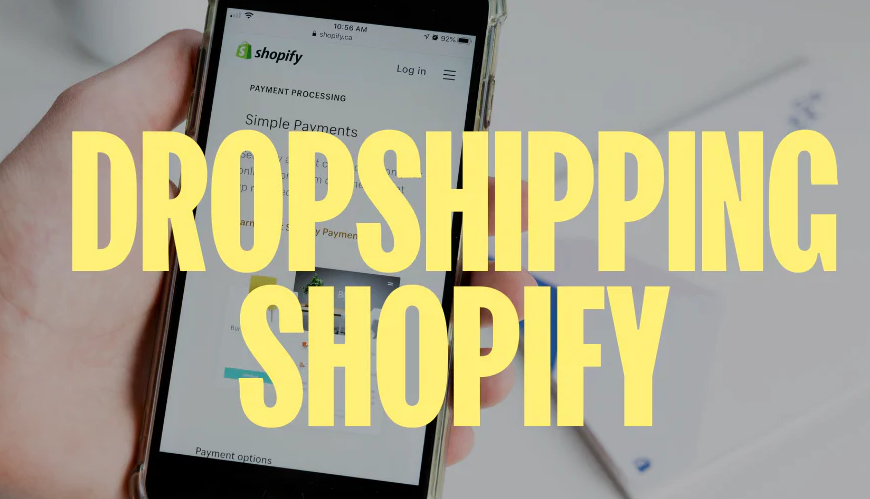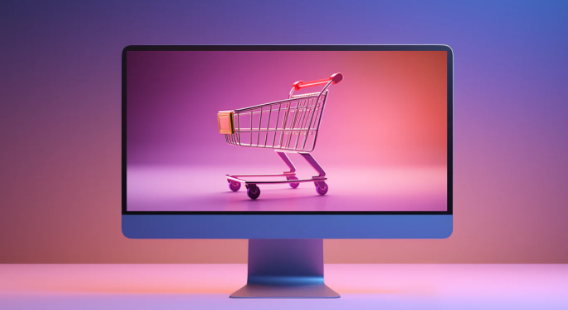In recent years, drop shipping has emerged as a popular business model, especially among entrepreneurs looking to start an online store without the burden of inventory management. Shopify, a leading e-commerce platform, provides an ideal environment for drop shipping businesses. This comprehensive guide will explore the best drop shipping practices for Shopify, covering everything from choosing the right suppliers to optimizing your store for success.
Understanding Drop Shipping
What is Drop Shipping?
Drop shipping is a retail fulfillment method where a store does not keep the products it sells in stock. Instead, when a store sells a product, it purchases the item from a third party and has it shipped directly to the customer. This eliminates the need for inventory management and reduces overhead costs.
Benefits of Drop Shipping
Low Startup Costs: Entrepreneurs can start selling products without investing in inventory.
Wide Product Selection: Access to a vast array of products from various suppliers.
Flexibility: Operate from anywhere with an internet connection.
Scalability: Easily scale operations without worrying about stock levels.
Setting Up Your Shopify Store
Choosing the Right Shopify Plan
Shopify offers several pricing plans tailored to different business needs. For drop shipping, consider starting with the Basic plan, which provides essential features without overwhelming costs.
Selecting a Niche
Choosing the right niche is crucial for your drop shipping success. Research trends and identify gaps in the market. Popular niches include:
- Fashion and Apparel
- Health and Beauty
- Home and Garden
- Electronics
- Pet Supplies

Best Drop Shipping For Shopify
Designing Your Store
A well-designed store enhances user experience and builds credibility. Key design elements include:
Responsive Design: Ensure your store looks good on all devices.
User-Friendly Navigation: Simplify the shopping experience with clear categories.
High-Quality Images: Use professional images that showcase your products effectively.
Finding Reliable Suppliers
Evaluating Suppliers
When selecting suppliers, consider:
Product Quality: Order samples to assess quality before listing items in your store.
Shipping Times: Choose suppliers with reliable shipping options to enhance customer satisfaction.
Customer Service: Ensure that suppliers have responsive customer support in case of issues.
Optimizing Your Shopify Store for Drop Shipping
Product Listings
Effective product listings are vital for conversion rates. Key components include:
Compelling Titles: Use relevant keywords while keeping titles concise.
Detailed Descriptions: Highlight features, benefits, and specifications.
SEO Optimization: Implement SEO best practices to improve visibility on search engines.
Pricing Strategies
Setting competitive prices is essential for attracting customers while ensuring profitability. Consider:
Cost-Based Pricing: Calculate costs and add a markup for profit.
Competitive Pricing: Research competitors' prices and adjust accordingly.
Psychological Pricing: Use pricing strategies like ending prices in 99 to make them more appealing.
Marketing Your Drop Shipping Store
Leveraging Social Media
Social media platforms like Facebook, Instagram, and Pinterest are powerful tools for promoting your drop shipping store. Strategies include:
Content Marketing: Share engaging content related to your niche to attract followers.
Paid Advertising: Utilize targeted ads to reach potential customers based on demographics and interests.
Email Marketing
Building an email list allows you to communicate directly with customers. Effective strategies include:
Newsletters: Share updates, promotions, and valuable content regularly.
Abandoned Cart Emails: Remind customers of items left in their carts to encourage conversions.
Influencer Collaborations
Partnering with influencers can help boost brand awareness and credibility. Consider reaching out to influencers in your niche for collaborations or sponsored posts.

Drop Shipping Suppliers For Shopify
Managing Customer Service
Importance of Customer Support
Providing excellent customer service is critical in building trust and retaining customers. Key aspects include:
Responsive Communication: Ensure timely responses to customer inquiries through email or chat support.
Clear Return Policies: Establish transparent return policies that are easy for customers to understand.
Handling Returns and Refunds
Develop a straightforward process for handling returns and refunds. Communicate this process clearly on your website to manage customer expectations effectively.
Analyzing Performance Metrics
Key Performance Indicators (KPIs)
Regularly monitor KPIs to gauge the success of your drop shipping business. Important metrics include:
Conversion Rate: The percentage of visitors who make a purchase.
Average Order Value (AOV): The average amount spent by customers per transaction.
Customer Acquisition Cost (CAC): The cost associated with acquiring a new customer.
Utilizing Analytics Tools
Use analytics tools like Google Analytics or Shopify's built-in analytics dashboard to track performance metrics and gain insights into customer behavior.
Scaling Your Drop Shipping Business
Expanding Product Lines
Once you establish a successful foundation, consider expanding your product offerings based on market demand and customer feedback.
Exploring New Markets
Identify opportunities in new geographical markets or demographic segments by conducting market research.
Automating Processes
Invest in automation tools that streamline operations such as order processing, inventory management, and marketing campaigns.
Conclusion
Drop shipping through Shopify offers an exciting opportunity for entrepreneurs looking to enter the e-commerce space with minimal risk. By following best practices—from selecting reliable suppliers to optimizing marketing strategies—business owners can build successful drop shipping stores that thrive in today’s competitive landscape. With careful planning and execution, your Shopify drop shipping business can achieve sustainable growth and profitability.


